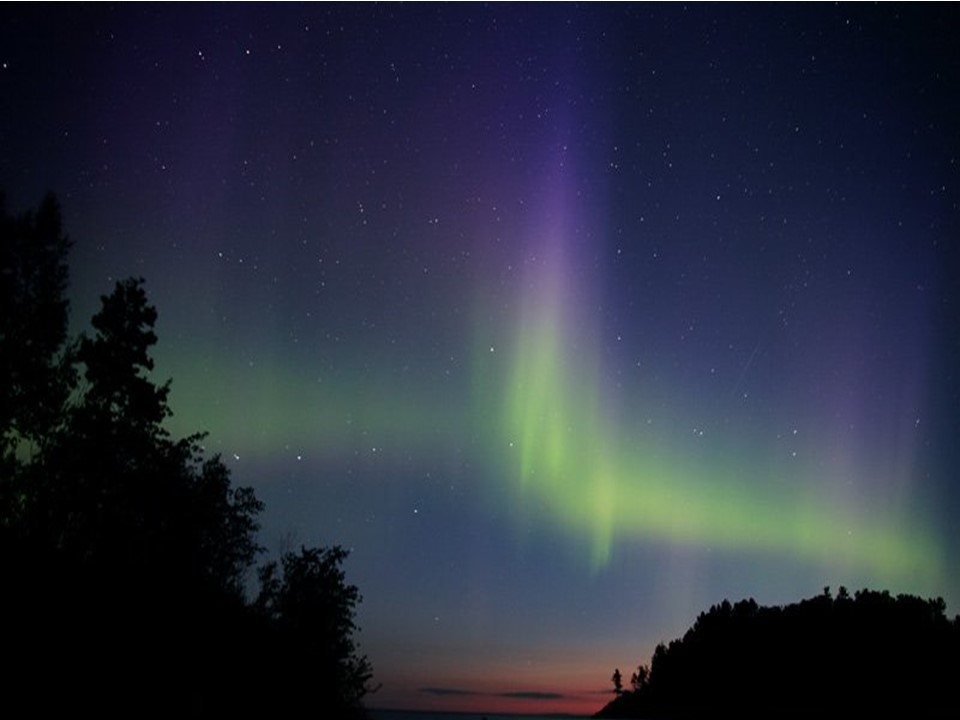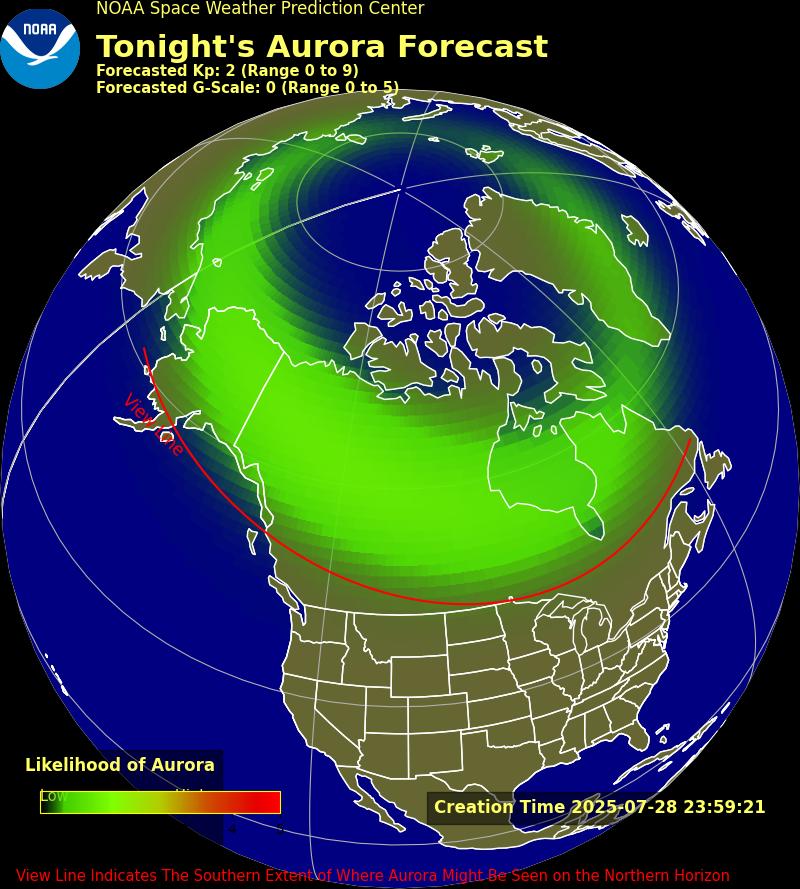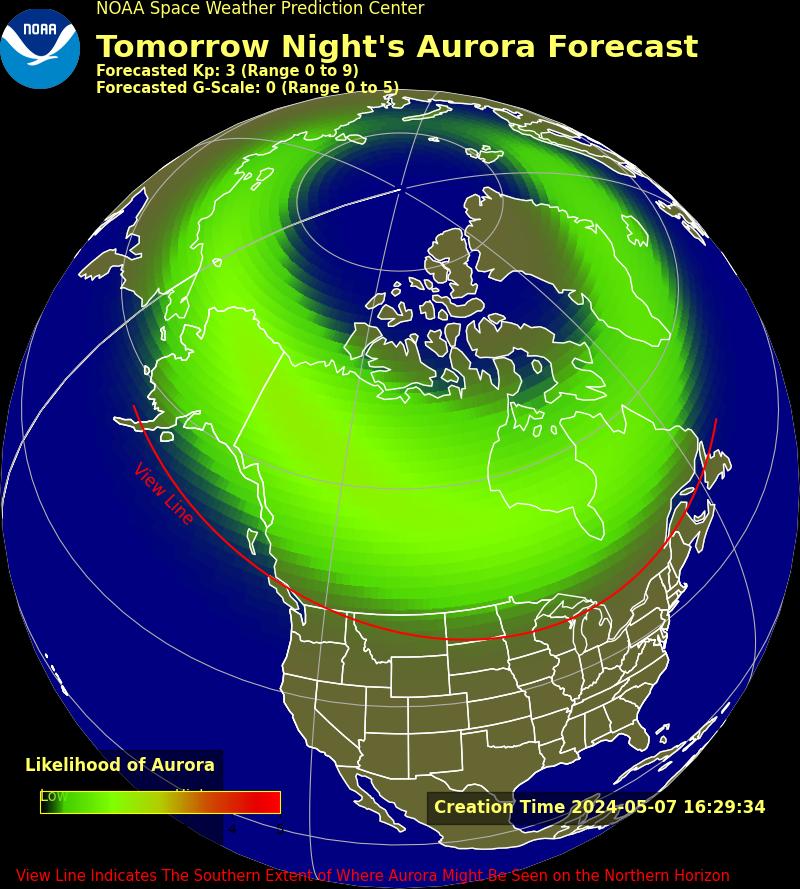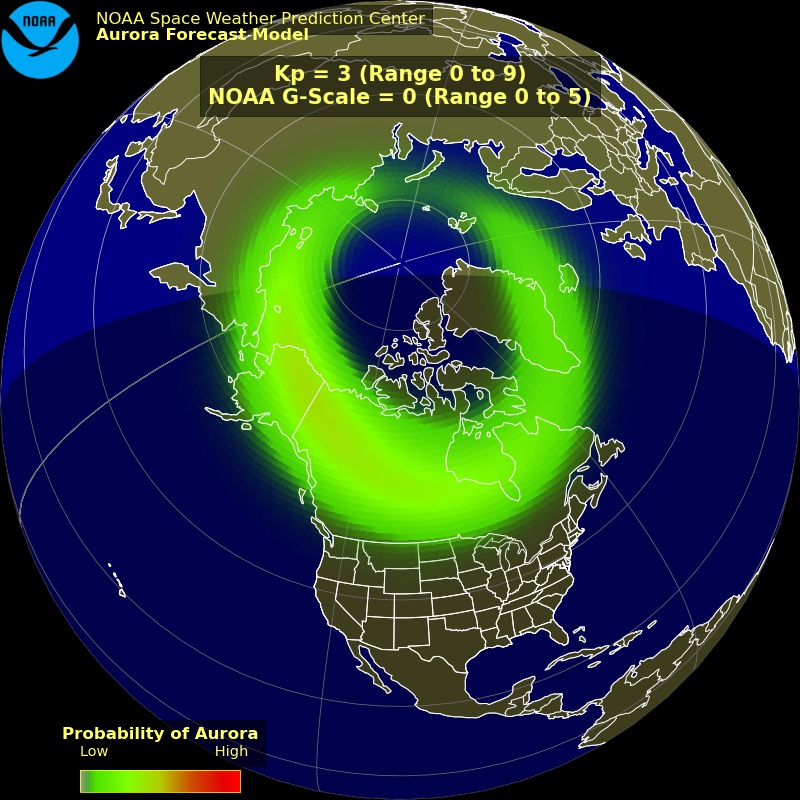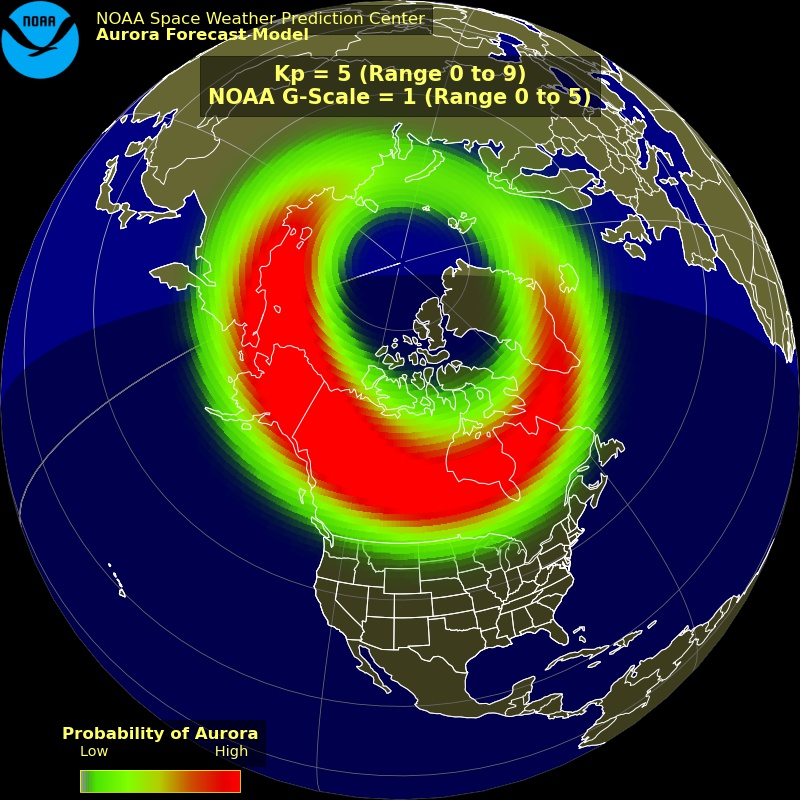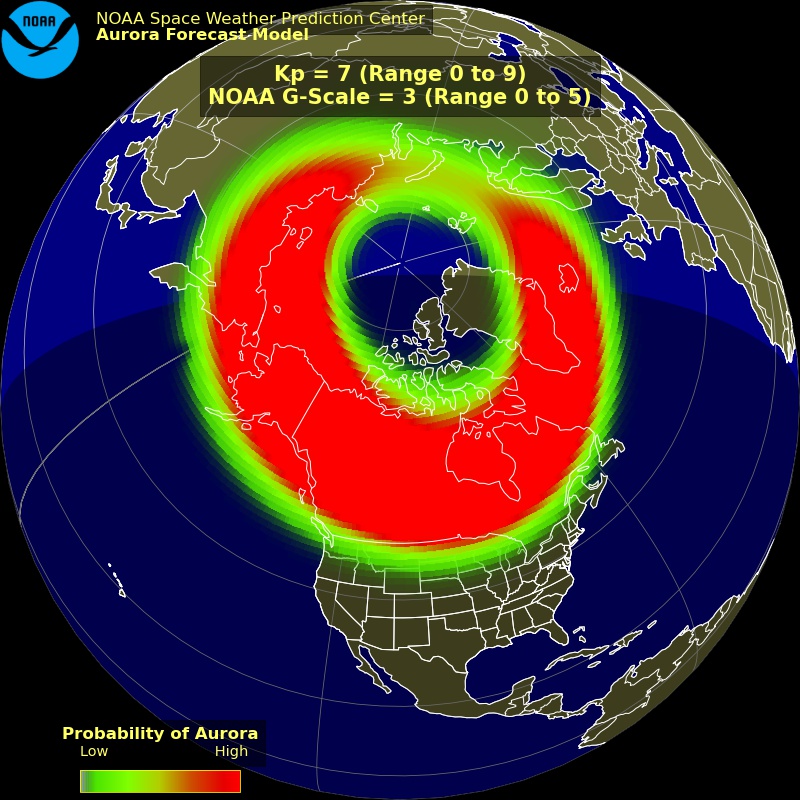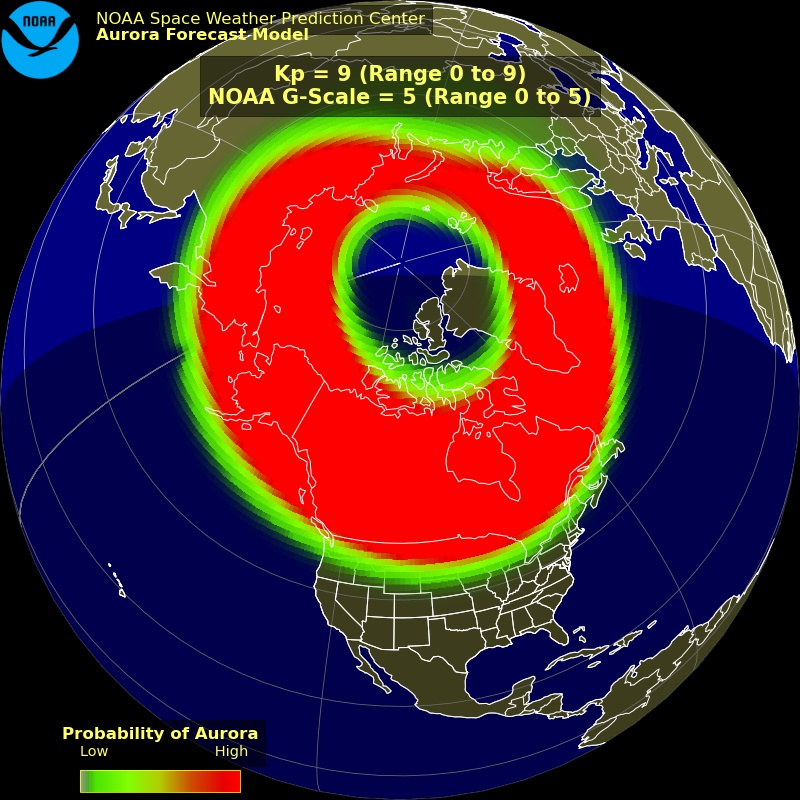|
Aurora Dashboard Information
|
|
Will I see the Aurora tonight or tomorrow night?
|
|
Where will the Aurora be in the next few minutes?
|
|
What is Driving the Aurora?
|
|
How do Changes in Kp affect the Aurora?
|
